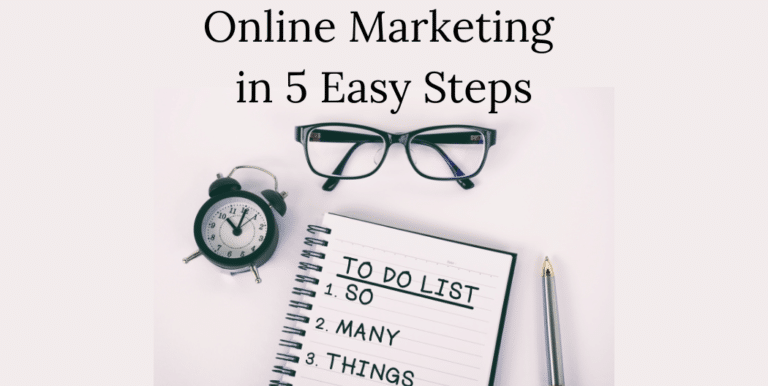Does Your Small Business Need a Blog?
A lot of small business owners, entrepreneurs, and solopreneurs struggle with the decision of whether to write a blog. There are barely enough hours in the day – is it really necessary to add one more thing? Does having a blog do anything to increase your bottom line?
A good way to know if you need a blog is to ask yourself these questions:
- Would I like to improve my position in Google search results?
- Would I like people to visit my website on a regular basis?
- Would I like to build trust with potential clients before they even walk into my store or call to make an appointment?
- Do I need to differentiate myself from my competitors?
If you answered yes to any of the above questions, then yes, you need a blog.

Blogging Can Improve Your Rankings
In order to move your site higher up in Google search results, you need content. Search engines place a lot of weight on the words and phrases you use on individual web pages. Your content is a primary factor search engines use to determine whether or not to list your website when someone enters a search query. A blog is a great way to easily add content to your website (we’ll go into more detail about blogging and SEO tactics in future articles).
How to Start Your Small Business Blog
Once you’re ready to start your blog, you might not be sure what to write about. My advice is not to overthink things – just start somewhere. In the next article in this series, I’ll talk about the design elements you’ll want to consider, but for now, just start writing.
Need some ideas? Try one of these:
- Write up a customer success story.
- Provide a behind the scenes look at your company. Do a video tour of your office, show how you build a product, source materials or develop ideas.
- Highlight a product or service. This should not be a hard-hitting sales pitch, but an informative post that provides useful and interesting information to your readers.
- Share your business stories. Write about your successes, failures and the lessons you’ve learned as a small business owner
Your goal should be to start generating content on a regular basis. Keep your posts timely and relevant. However, keep in mind that it’s all about quality over quantity. Your posts need to be well thought out, with no grammar or spelling errors.
In the end, a blog lets search engines know that your website is up-to-date and regularly maintained, which makes it more likely to turn up in search results. It is also the perfect platform to share your voice and personality with potential customers. This helps them build familiarity and trust, which makes them more likely to do business with you. In the end, a blog is a critical marketing strategy that almost every small business owner needs to make a priority.

Your Challenge
It’s time to get started (one of the toughest things when it comes to writing). If you’re still not sure what to write about, set a timer for 30 minutes and start brainstorming a list of ideas. Try to come up with 25 blog ideas (use the ideas provided above as a jumping off point). You’ll discover that the problem isn’t having anything to write about – it’s having too much material to get it all done at once!
If you already know what you want to write about, set that same timer for 30 minutes and start writing. Mute your internal editor – don’t worry about grammar, spelling, or making it “perfect”. Maybe you spend the 30 minutes coming up with an outline. Maybe you just start writing by the seat of your pants. There is no wrong way to get started on a blog post, so get writing!
My Offer
If your blog post is less than 750 words, I will review it and then schedule a 15-minute phone consultation to provide feedback and suggestions on next steps. Please click on the link below to take advantage of this special offer (please do not contact me directly – I can only accept submissions that go through the below link).
In the next edition of Marketing in a Flash, I’ll go over the components that will help your blog post stand out – stay tuned!


